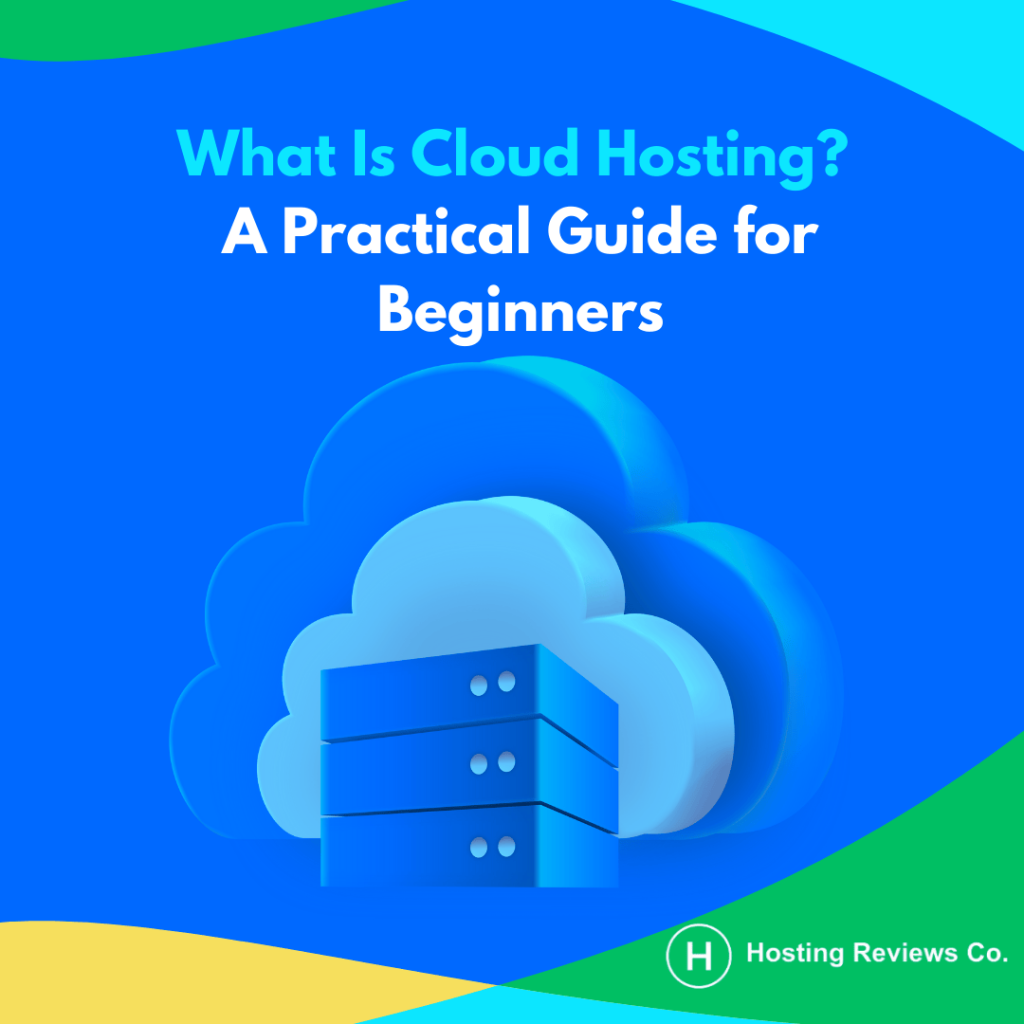What is cloud hosting, and why does it matter for your website today? In simple terms, cloud hosting or virtual hosting means your website doesn’t rely on a single physical server. Instead, it uses a network of connected servers spread across different locations. This makes your website faster, more reliable, and easier to scale.
Let’s break it down in simple terms—with practical examples, comparisons, and real benefits.

Understanding the Concept
Imagine your website is a store. In traditional hosting, your store is inside one building. If that building floods or loses power, your store goes offline.
Now, imagine your store has copies in many locations. If one store closes, others stay open. That’s what is cloud hosting in action. Your website data lives across multiple servers. So, your site remains online even if one server fails.
How It Works in Real Life
Let’s say you run an online bakery. On Valentine’s Day, thousands visit your site to place orders. With shared hosting, your site might crash from the traffic spike. But with cloud hosting, extra resources kick in automatically. Your site stays live, and you don’t lose sales.
The hosting platform pulls memory and CPU from multiple servers. Therefore, you don’t hit performance limits easily. This flexibility makes virtual hosting perfect for growing websites.
Cloud Hosting vs Cloud-Based Hosting
These terms sound similar—but they aren’t the same.
Cloud hosting is a type of web hosting. Your website files live on multiple servers. These servers work together to deliver your site to users quickly and reliably. You control the hosting and choose the provider.
Cloud-based hosting is a broader concept. It refers to any service that runs in the cloud, not just web hosting. Think of platforms like Dropbox, Google Docs, or Zoom. These apps store and process data on cloud infrastructure.
So, cloud hosting is about websites. Cloud-based hosting is about software and services running on cloud platforms.
In short, cloud hosting helps you manage a website. Meanwhile, cloud-based services help users store files, chat, or collaborate online.
Key Features
Virtual hosting offers more than just uptime. Here’s what you get:
- Scalability: You can upgrade resources instantly when traffic grows.
- Redundancy: Your site stays online even if one server crashes.
- Speed: Content is delivered from the server closest to your visitor.
- Cost-efficiency: You pay for what you use, not for unused capacity.
These features work together to give your website stability and power. This matters especially if you run an eCommerce store, news site, or any business with growing traffic.
Common Use Cases
Here’s how people use it in different industries:
- Startups: Flexible plans help them launch without overpaying.
- Agencies: They host multiple client sites under one dashboard.
- Developers: They get root access and staging environments easily.
- Enterprises: They need fast, global content delivery and top security.
No matter your size or industry, virtual hosting can adapt to your needs.
Top Hosting Providers
Several platforms offer virtual hosting. Here are three that balance cost, performance, and ease:
- Cloudways: Cloudways is perfect if you want managed cloud hosting with options like AWS and DigitalOcean. It’s super easy to use and comes with amazing support. Ideal for businesses that want fast, reliable hosting without the hassle. Check out our full Cloudways review for all the details.
- SiteGround: SiteGround’s known for being reliable and having awesome customer support. Their virtual hosting is fast, secure, and scales easily as your business grows. It’s a solid pick if you need something dependable. Take a look at our full SiteGround review to learn more.
- Hostinger: Hostinger offers virtual hosting for under $10, making it perfect for small businesses. You’ll get great speed, uptime, and an easy-to-use platform without the big price tag. Read our full Hostinger review to see if it’s the right fit for you.
Each provider gives you a different level of control and features. Choosing one depends on your technical skills and business goals. Check out our detailed article on the Best Cloud Web Hosting for more information.
Final Thoughts: Is It Right for You?
So, what is cloud hosting in the real world? It’s a modern way to keep your site fast, online, and ready for growth. If you run a dynamic website or expect high traffic, virtual hosting is the smart choice.
Unlike traditional hosting, cloud hosting won’t let one failure take you down. That’s the peace of mind every website owner deserves.
Still unsure? Start small with a provider offering monthly billing. That way, you only pay as you grow.

Leave feedback about this